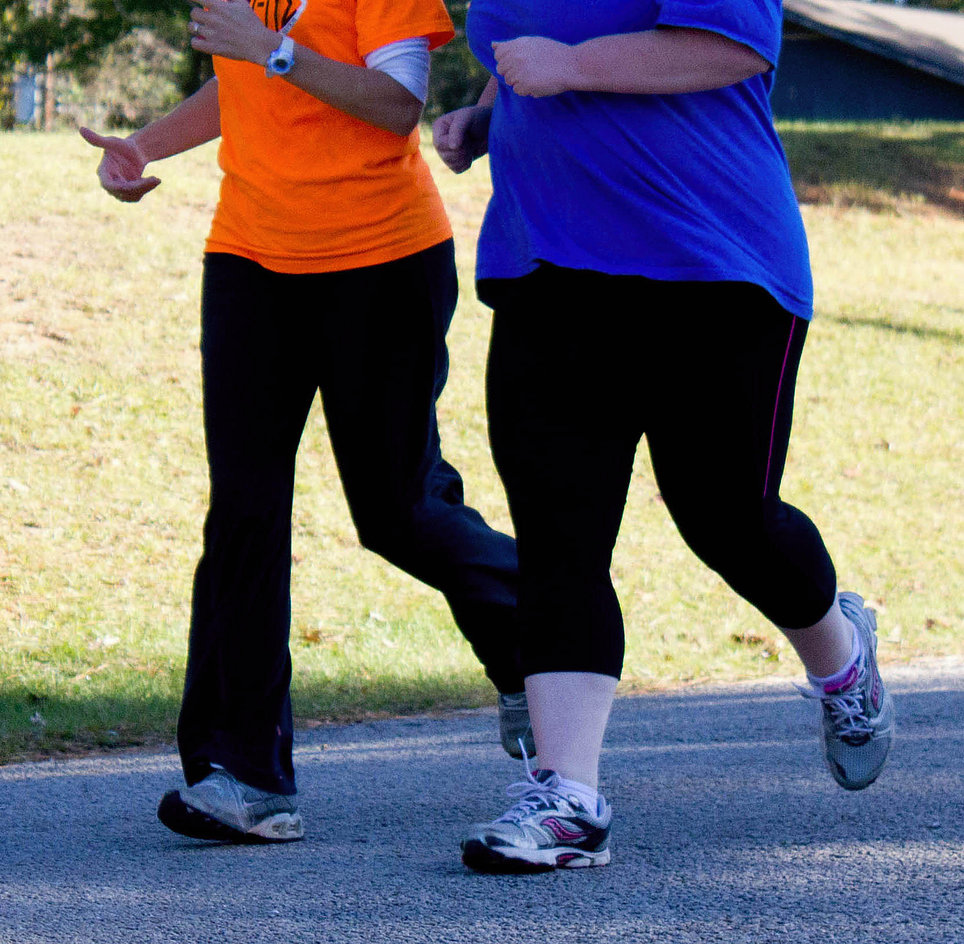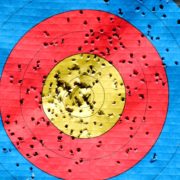Commonly attributed to Socrates is the phrase “Know thyself.” Well there are a lot of ways to accomplish that goal. In that context, today I’ll discuss one way today that can help you attain a goal or stick to a new habit you wish to maintain. Gretchen Rubin writes about this in her highly usable book Better Than Before, and it is a construct she created. That is why if it is useful to you, go for it, but if not, then just realize there are other categories out there you may find more applicable to your situation. If there is one thing our brains are designed for, it is categorizing!
So Rubin calls her system The Four Tendencies. She postulates we all fall mainly into one of four types that indicate how you respond to a rule or request, whether the request came to you externally or was generated internally by you. Each one has pros and cons, and there is no “best” category, though due to our brain’s need to categorize, people often tend to decide one is better than another, and get busy trying to force their traits into that box, even when they may not fit. So no right or wrong here folks. Be honest.

The four types are upholders, questioners, rebels and obligers. Each one means you respond to an expectation differently. Rubin states:
“Upholders respond readily to both outer expectations and inner expectations. They need to know the rules.
Questioners question all expectations, and will meet an expectation only if they believe it’s justified.
Obligers respond readily to outer expectations but struggle to meet inner expectations.
Rebels resist all expectations, outer and inner alike. They wake up and ask themselves ‘What do I want to do today?'”
You can actually go online to Rubin’s site to take a little quiz to see which one you most identify with. Go ahead, you know you want to.
Most people, per Rubin, are either obligers or questioners. Obligers need external motivation for inner goals, and questioners exert internal motivation via information gathering. This construct is based on Rubin’s personal observational research, the quiz she has online, and her surveys as she speaks to audiences. I report it this way because, like time itself, it is an artificial construct, although it can be very helpful in the area of habit change. The reason it can be helpful is to understand how best to motivate yourself to stay on track, moving in the right direction to achieve a goal.
For example, if you are an obliger (and I am – we make terrific work partners and friends) and you want to maintain the habit of walking daily, it is extremely helpful to have a walking buddy to hold you accountable, externally. If you are a questioner, and you are in the throes of making a decision, then you will benefit by having the right information at hand. You simply have to be aware of the possibility of analysis paralysis in the process.
The right structures can help you succeed, or help you to help someone else, or your employees, to do a better job in meeting expectations.










Leave a Reply
Want to join the discussion?Feel free to contribute!